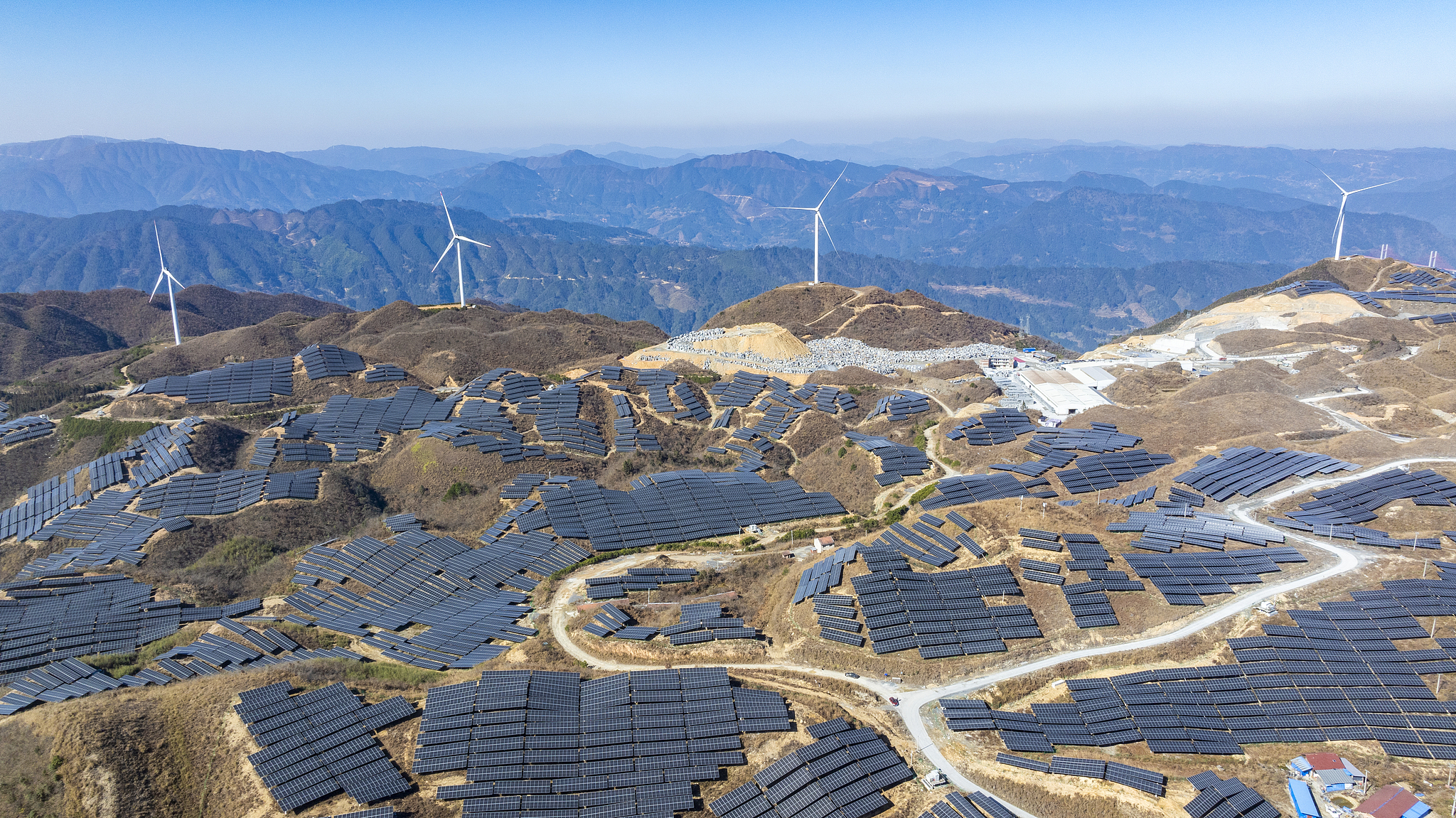
The world’s addiction to fossil fuels is a “Frankenstein’s monster,” United Nations Secretary-General Antonio Guterres warned at the 2025 Annual Meeting of the World Economic Forum in Davos, where climate change emerged as one of the most pressing topics
As the world faces escalating environmental challenges, China has positioned itself as a leading force in the global response to climate change. Through technological innovation, policy advocacy and international cooperation, China is not only addressing its own environmental challenges but also playing a critical role in supporting global climate action and sustainable development.
The country’s commitment to tackling climate change has been clear in its ambitious environmental goals. Speaking at the Davos forum, Chinese Vice Premier Ding Xuexiang reiterated the country’s determination to reach peak carbon emissions by 2030 and achieve carbon neutrality by 2060. These goals align with China’s broader strategy for a green transformation, one that integrates environmental, economic and technological advancement.
In recent years, China has made significant strides in reducing its carbon footprint, and its climate policies are a testament to its dedication to the global fight against climate change.
One of the key programs of China’s approach is the development and implementation of its national carbon emissions trading market, which has been designed to encourage major industrial sectors to reduce emissions by incentivizing lower carbon outputs. Launched in 2021, it has made China the world’s largest carbon market in terms of greenhouse gas coverage.
The country is guiding high-emission industries towards necessary structural transformations by linking market-based mechanisms with environmental targets. The market, which now includes more than 2,400 emission units across China’s power sector, has helped lower the overall emission reduction costs in the power generation industry by 35 billion yuan ($4.8 billion), demonstrating the effectiveness of the market in achieving cost-efficient emissions reductions.
Alongside its efforts in carbon trading, China has aggressively advanced its green energy sector. The country has become a global leader in renewable energy, particularly in the fields of solar, wind and nuclear power.
In 2024 alone, China installed more than half of the world’s solar capacity, solidifying its role as a key player in the global clean energy market. In 2025, renewable energy is expected to generate about 3.3 trillion kWh of electricity annually, a 50-percent increase from 2020 levels. This rapid expansion of renewable energy resources is part of a broader strategy to accelerate the shift away from traditional fossil fuels, fostering a more sustainable energy mix.
China’s commitment to sustainable development extends beyond energy production. The country has made significant strides in advancing its circular economy, which focuses on reducing waste, promoting the recycling of resources and fostering sustainable production and consumption patterns.
In recent years, the country has implemented policies to encourage the recycling of key materials such as plastics, metals and electronic waste. As of 2024, there were over 260,000 resource recycling enterprises in China, with a production value exceeding 3.5 trillion yuan ($480 billion). This year, the output value is expected to reach 5 trillion yuan.
At the Davos forum, Ding referred to an example that highlights a growing trend in China to leverage technology in the recycling process. A Chinese company empowered by new material technologies can produce one T-shirt using the polyester fibers extracted from eight plastic bottles and one jacket from 28 plastic bottles, he said.
This process allows for the recycling of over 30 billion plastic bottles annually, achieving a true win-win in both ecological and economic terms, Ding added.
Earlier this month, the Ministry of Finance announced for the first time a budget of 7.5 billion yuan specifically for the treatment of discarded electrical and electronic products, with the funds directly distributed to 92 companies. This was part of a nearly 100-billion-yuan budget allocated for pollution control in areas including air, wastewater and soil in 2025.
At the international level, China is also leading efforts to promote climate cooperation and provide support to developing nations. Through technology transfers, financial assistance and policy dialogue, it has been actively engaged in South-South cooperation on climate change, providing support to other developing countries. For instance, China has aided Ethiopia and Sri Lanka in renewable energy technology transfer projects, assisting them in formulating provincial energy development plans and establishing joint research and promotion centers.
“China’s pursuit of green transition is a long-term commitment rather than an act of expediency,” Ding said. “No matter how the international landscape may evolve, China’s determination and action for proactive climate response will not change.”
